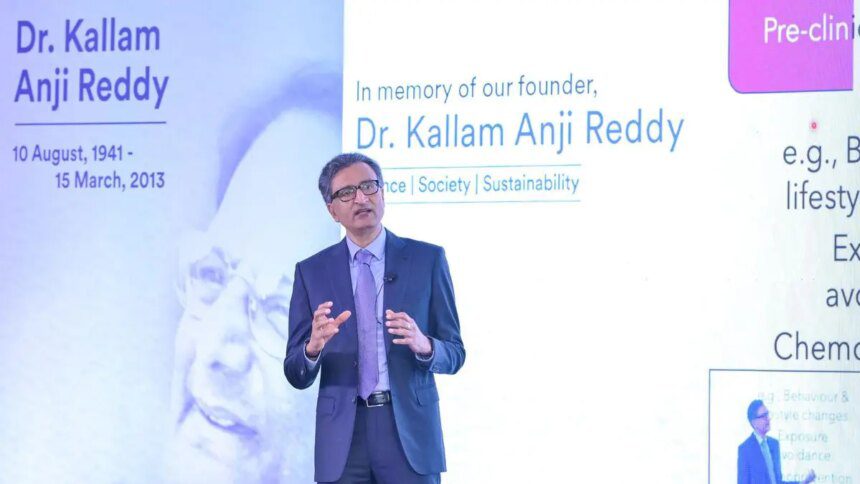Ashok Venkitaraman, a leading expert in cancer research, delivered the Dr Reddy Memorial Lecture in Hyderabad, shedding light on the complex interplay of genes, DNA, cells, and the environment in relation to cancer. Venkitaraman emphasized the importance of understanding how genetic predisposition, environmental factors, diet, and lifestyle contribute to cancer risk.
Genes inherited from parents, such as faulty copies of tumour suppressor genes like BRCA1 or BRCA2, can create a predisposition to cancer. When combined with environmental factors, this predisposition can lead to the breakdown of cancer-protective mechanisms in the body. For example, exposure to aldehydes, found in various sources including alcohol metabolism and car exhaust, can degrade key cancer-protective proteins like BRCA2.
Moreover, metabolic disorders like diabetes have been linked to an increased risk of cancer due to the production of harmful byproducts like methylglyoxal. These byproducts can damage DNA and impair the function of proteins crucial for preventing cancer.
Venkitaraman highlighted the importance of early intervention in cancer treatment, as early-stage cancers are potentially curable. However, he noted that a significant focus of cancer research worldwide is on advanced-stage cancer treatment rather than prevention.
He explained that our genes, inherited from our parents, interact with our environment to determine our cancer risk. Our DNA, like a dynamic book of life, encodes information that defines who we are. Every time a cell divides, the DNA must be copied perfectly to prevent errors that could lead to illness.
Despite constant exposure to DNA-damaging factors like UV radiation, our bodies have a remarkable repair mechanism that helps prevent the development of cancer. Venkitaraman also highlighted the role of behavior, lifestyle changes, and avoiding environmental toxins in reducing cancer risk.
In closing, he mentioned the potential use of drugs for cancer prevention and emphasized the critical role of understanding the interplay between genetics, environment, and lifestyle factors in managing cancer risk.










